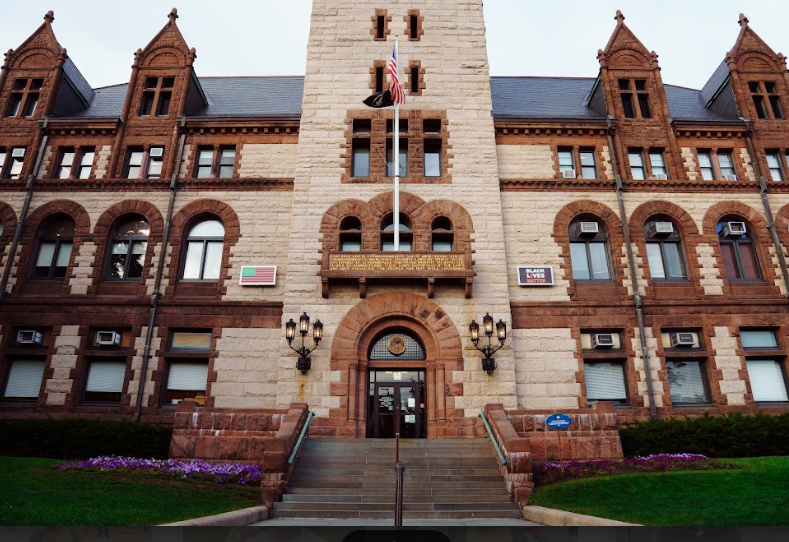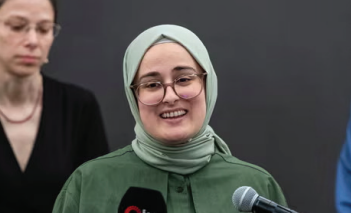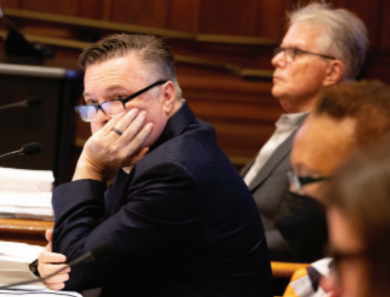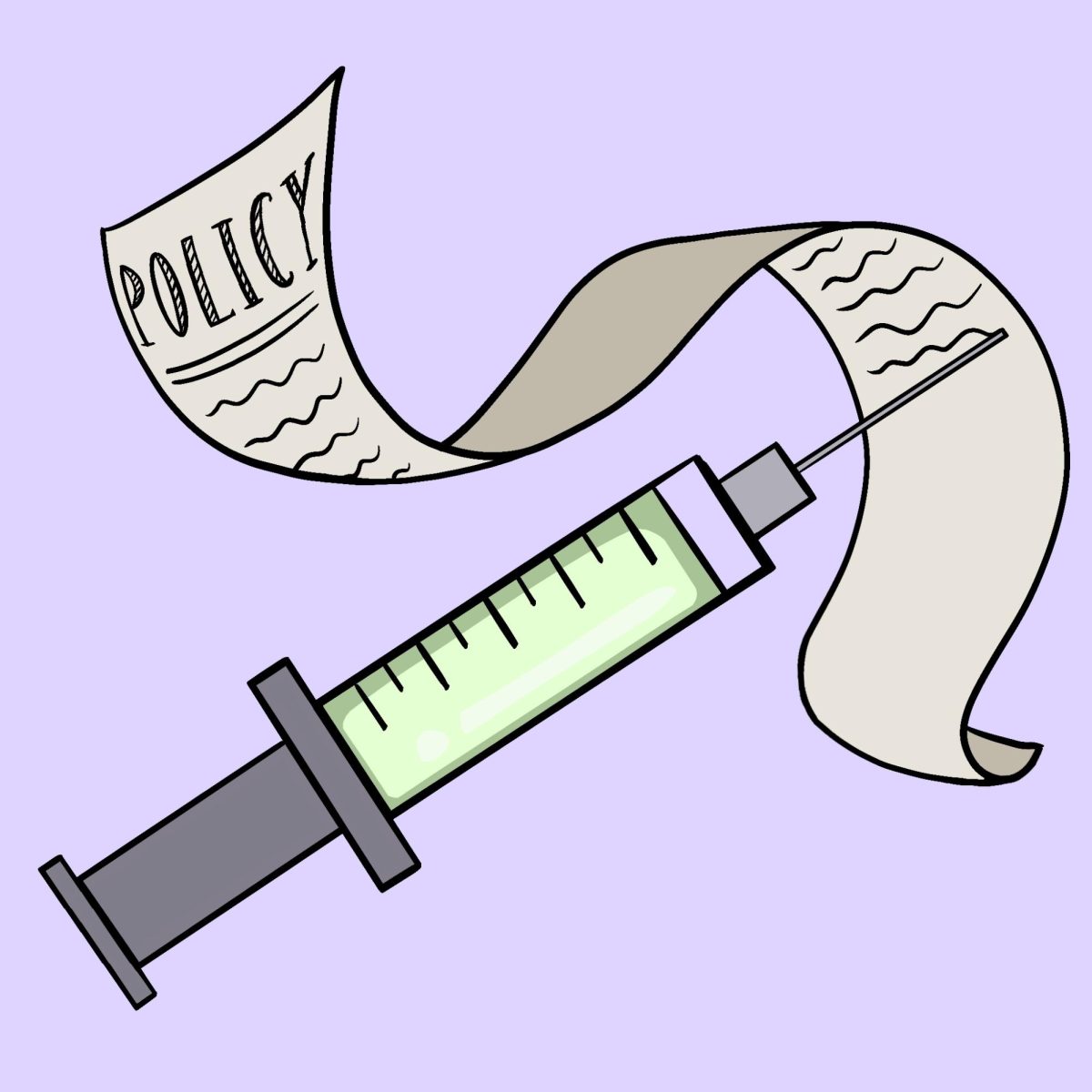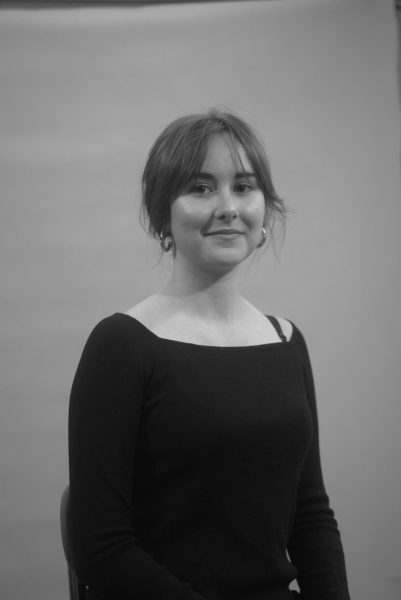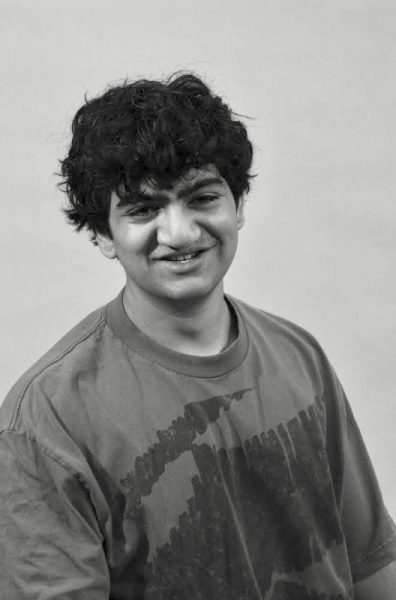On June 4th, 2025, President Trump issued a proclamation detailing a plan to deny visa applications from Harvard international students and researchers. 20 days later, Federal Judge Allison D. Burroughs blocked the order.
The Trump administration’s threat to limit Harvard’s supply of foreign academics is yet another move in its broader campaign against the university. Though this particular assault was targeted at international undergraduates and the tuition they rake in, postdoctoral fellows and researchers have become collateral damage. The ensuing negotiations between Harvard and Trump on funding cuts coupled with looming uncertainties about student visas have caused foreign postdocs to not only rethink their positions at Harvard, but their careers as scientific researchers in America.
Michael Singh, a Canadian postdoctoral fellow, has been conducting biological research at Harvard for three months. Singh told the Register Forum, “It is disappointing to see that funding for science is under attack for political reasons that do not appear to be in the best interests of the nation.” Singh believes that the funding cuts will dissuade researchers from pursuing academic careers, forcing them to seek opportunities in the private sector—an effect he sees being detrimental to medical innovation.
“Perhaps I am idealistic,” Singh continues, “but I am still hopeful that I will be able to find an academic position in research.” Even though Singh plans on staying at Harvard, he has noticed a concerted effort from his home country to recruit young scientists in the wake of Trump’s new policies: “It is beginning to feel like Canada may offer better academic opportunities than the US.”
Others are far less optimistic. David Hidalgo, a postdoctoral scholar who has been conducting project research at Harvard for two years, initially came to the U.S. with a clear goal: to build an academic career in hopes of becoming a professor. In his home country of Mexico, he explains to the RF, academia is “largely endogamic” and “full of nepotism.” Hidalgo says, “I used to believe the U.S. offered better prospects.” Now that the Trump administration has shifted priorities, he’s unsure where to go next.
“[My plans] have completely changed. In summary, my professional life must satisfy one thing: provide for me and my family, whom I have to take care of back in Mexico … the safest way to do that is to change my immigration status so that I am no longer restricted to postdoc or even scientific positions, and find a stable job.” Hidalgo summarized his stance bluntly: “After so many years in this environment, I no longer believe staying in academia is sustainable for me.”
The future of international research at Harvard is uncertain, as Trump’s attack on higher education prolongs, many postdocs are reconsidering their careers in the United States. While political pressure continues to shape academic institutions, the cost may not only be lost talent, but the erosion of the very ideals that drew them to American universities in the first place.
This article also appears in our September 2025 print edition.

